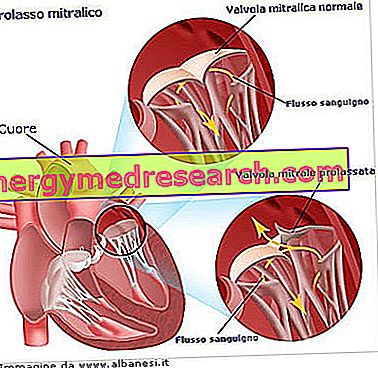
What is Tasermity - sevelamer hydrochloride and what is it used for?
Tasermity is indicated for the control of hyperphosphataemia (increase in the rate of phosphate in the blood) in adult patients undergoing dialysis (a blood clearance technique). It can be used in patients undergoing hemodialysis (dialysis using a blood filtering machine) or peritoneal dialysis (the liquid is pumped into the abdomen and an internal membrane filters the blood). Tasermity should be used with other treatments such as calcium supplements and vitamin D to prevent the development of bone diseases. Tasermity contains the active substance sevelamer hydrochloride. This medicine is the same as Renagel, already authorized in the European Union (EU). The manufacturer of Renagel has agreed that its scientific data can be used for Tasermity ("informed consent").
How is Tasermity - sevelamer hydrochloride used?
Tasermity is available as tablets (800 mg). The recommended starting dose of Tasermity is 1-2 tablets three times a day, depending on the clinical needs and the level of phosphate in the blood. Tasermity should be taken with meals and patients should follow the prescribed diet. The dose of Tasermity must be adjusted every two or three weeks to obtain an acceptable level of phosphate in the blood, which must then be monitored regularly.
The medicine can only be obtained with a prescription.
How does Tasermity - sevelamer hydrochloride work?
Patients with severe renal insufficiency are unable to eliminate phosphate from the body. This leads to the accumulation of phosphate in the body, which in the long term can cause complications affecting the heart and bones. The active substance in Tasermity, sevelamer hydrochloride, is a substance capable of binding phosphate. When the medicine is taken with meals, the sevelamer molecules contained in Tasermity bind to the phosphate present in the food, preventing it from being absorbed by the body and favoring the reduction of phosphate levels in the blood.
What benefit has Tasermity - sevelamer hydrochloride shown during the studies?
Studies have shown that Tasermity significantly reduces blood phosphate levels in patients with renal insufficiency undergoing dialysis. In a study conducted on 84 hemodialysis patients there was an average reduction in phosphate levels of 0.65 mmol / l in patients treated with Tasermity for 8 weeks compared to a reduction of 0.68 / mmol / l in treated patients with calcium acetate, another medicine that lowers the phosphate level. Similar results with Tasermity were observed in another 8-week study involving 172 hemodialysis patients, while in a third longer-term study (over 44 weeks) Tasermity induced an average drop of 0.71 mmol / l. The benefit of Tasermity was also shown in a study of 143 patients undergoing peritoneal dialysis: reductions in phosphate levels over the course of 12 weeks were observed in subjects treated with Tasermity in this study similar to those in patients treated with calcium acetate (0.52 and 0.58 mmol / l, respectively).
What is the risk associated with Tasermity - sevelamer hydrochloride?
The most common side effects with Tasermity (which may affect more than 1 in 10 people) are nausea and vomiting. Tasermity should also not be used in people with hypophosphataemia (low levels of phosphate in the blood) or with intestinal obstruction (obstruction). For the full list of all side effects and restrictions with Tasermity, see the package leaflet.
Why has Tasermity - sevelamer hydrochloride been approved?
The Agency's Committee for Medicinal Products for Human Use (CHMP) decided that Tasermity's benefits are greater than its risks for treating hyperphosphataemia and recommended that it be approved for use in the EU.
What measures are being taken to ensure the safe and effective use of Tasermity - sevelamer hydrochloride?
A risk management plan has been developed to ensure that Tasermity is used as safely as possible. Based on this plan, safety information has been included in the summary of product characteristics and the package leaflet for Tasermity, including the appropriate precautions to be followed by healthcare professionals and patients.
Further information on Tasermity - sevelamer hydrochloride
On 26 February 2015, the European Commission issued a marketing authorization for Tasermity, valid throughout the European Union. For more information about treatment with Tasermity, read the package leaflet (also part of the EPAR) or contact your doctor or pharmacist. Last update of this summary: 02-2015.



